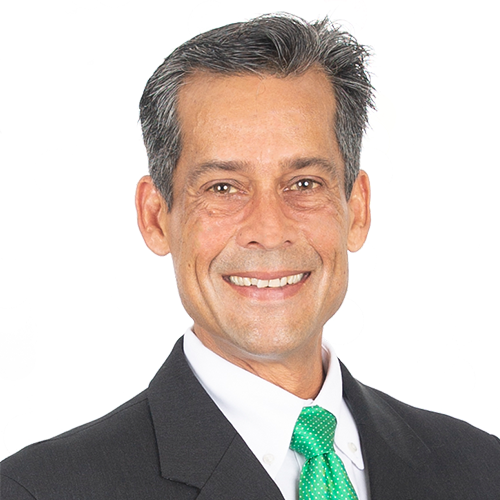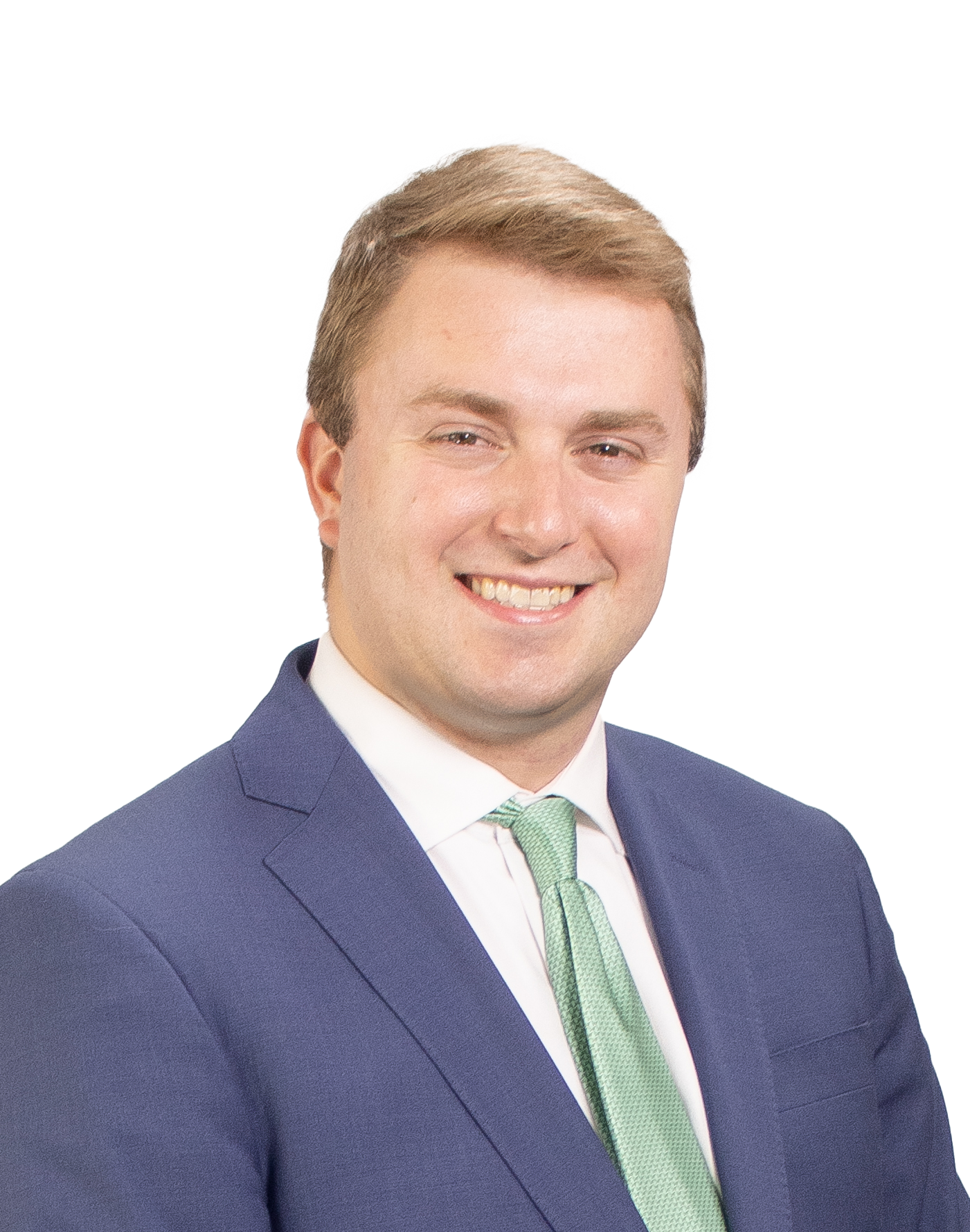Contact Us
Archives
Categories
Give Now, Save Later – Capturing Current Estate and Gift Tax Exemptions
Many people think of an estate plan as a way for their assets to be distributed in the future, after their deaths. However, in some situations, it may be more advantageous to make at least some of those planned gifts now—and help your loved ones avoid some of the financial burden of estate taxes. Especially for individuals with high net worth, taxes could become much greater when the currently increased lifetime exemption amount “sunsets” on January 1, 2026.
 The Tax Cuts and Jobs Act of 2017 (TCJA) doubled the lifetime estate and gift tax exemption from $5 million to $10 million per individual. Adjusted for inflation, the 2022 lifetime estate and gift tax exemption is $12.06 million dollars per person (double for married couples). However, the TCJA only provided for a temporary increase in exemption, and the doubled amount is set to expire on January 1, 2026. This raised an important question—what happens to the estate of a decedent whose death occurs after the increased exemption ends?
The Tax Cuts and Jobs Act of 2017 (TCJA) doubled the lifetime estate and gift tax exemption from $5 million to $10 million per individual. Adjusted for inflation, the 2022 lifetime estate and gift tax exemption is $12.06 million dollars per person (double for married couples). However, the TCJA only provided for a temporary increase in exemption, and the doubled amount is set to expire on January 1, 2026. This raised an important question—what happens to the estate of a decedent whose death occurs after the increased exemption ends?
In 2019, the IRS released guidance that contained “anti-claw-back” measures, which state that the higher applicable exemption used on gifts completed in the decedent’s lifetime will be used to calculate the tax on that estate. However, in late April of 2022, the IRS issued proposed regulations that exclude certain types of gifts from these anti-claw-back rules. These exceptions from the rule include unpaid or incomplete promissory notes, certain gifts of family partnerships in which preferred equity interest is maintained, certain trusts such as GRATs and QPRTs, and any transfers of assets where the donor retains an interest or control of any kind. After 2025, gifts of these types made in excess of the “clawed back” lifetime exemption will be subject to federal estate tax.
One way to “lock in” the current exemption level is to make completed gifts now, rather than waiting to transfer assets upon death. Individuals can decrease their taxable estate by utilizing the annual limit for exempt gifts. In 2022, individuals may make gifts of up to $16,000 to as many individuals as they wish without being taxed or even needing to file a return on those gifts. Married couples may combine their annual exemption and make joint gifts up to $32,000, but this act of “gift splitting” must be reported to the IRS. Other gifts that are not taxed include payments of medical bills or tuition (which must go directly to the institution, not the patient or student) and donations to exempt non-profit organizations. Making gifts such as these now can lessen the potential tax burden after your death, and an estate planner can assist you in planning these gifts.
Another way to give now to lock in current exemptions before they expire is with a dynasty trust or Spousal Lifetime Access Trust (SLAT). With dynasty trusts, assets can benefit multiple generations while being kept out of the taxable estates of both the grantors and the beneficiaries. In the case of a SLAT, the beneficiary spouse may receive income and principal distributions from the assets gifted to the SLAT, though ideally the assets would remain untapped and allowed to grow estate tax free. Upon the death of the beneficiary spouse, the SLAT assets may then be administered for the family in perpetuity. Because dynasty trusts and SLATs are only taxed upon initial transfer (and only if they exceed exemption limits), the exemption limit at the time of transfer is the only one that will come into play—no need to worry about the threshold being lower at the time of death. Such a trust allows you to set the terms of distribution for the entrusted assets while having the advantage of removing them from your taxable estate and locking in the increased exemption.
Promissory notes can also offer potential for locking in the elevated exemption, but remember, incomplete or unpaid promissory notes are excluded from the anti-claw-back measures. Therefore, promissory notes must be paid in full before the death of the donor in order to be exempt from estate taxes. Any assets that must be used to pay out the remaining balance of the note will be included in the taxable estate.
As estate planning regulations change, it’s important to adapt your plan to ensure that it results in the best outcome for you and your loved ones. To review your plan and discuss strategies that may be advantageous for you, contact McBrayer’s estate planning team today.
This blog was authored by the McBrayer Estate Planning Group.

Ivan Schell is a Member of McBrayer PLLC. His multifaceted legal practice includes estate planning and administration, private foundation and public charity formation and planning, physician practice consultation and healthcare law, employee benefits law, and closely-held corporation planning transitions. He can be reached at ischell@mcbrayerfirm.com or by calling 502.327.5400, ext. 2351.
 Sean Mumaw is a McBrayer Member practicing out of both the Louisville and Lexington offices. His practice area focuses on estate planning but also includes tax (estate, gift, income, and inheritance), general business law, business succession planning, real estate, and the like. He can be reached at smumaw@mcbrayerfirm.com or 502.327.5400, ext. 2304.
Sean Mumaw is a McBrayer Member practicing out of both the Louisville and Lexington offices. His practice area focuses on estate planning but also includes tax (estate, gift, income, and inheritance), general business law, business succession planning, real estate, and the like. He can be reached at smumaw@mcbrayerfirm.com or 502.327.5400, ext. 2304.
 Alan N. Linker is a Member of McBrayer law in the firm's Louisville office. His extensive experience in managing wealth transfer arrangements, gifts, and legacies makes him an integral part of McBrayer’s estate planning practice. Alan specifically works with the estate plans of high net worth individuals, corporate executives, and their families. He can be reached at alinker@mcbrayerfirm.com or 502.327.5400, ext. 2326.
Alan N. Linker is a Member of McBrayer law in the firm's Louisville office. His extensive experience in managing wealth transfer arrangements, gifts, and legacies makes him an integral part of McBrayer’s estate planning practice. Alan specifically works with the estate plans of high net worth individuals, corporate executives, and their families. He can be reached at alinker@mcbrayerfirm.com or 502.327.5400, ext. 2326.
 Phillip A. Pearson is an Associate of McBrayer Law. His practice focuses primarily on estate planning and administration in addition to tax planning. He works in the firm's Louisville office and can be reached via email at ppearson@mcbrayerfirm.com or via phone at 502.327.5400, ext. 2341.
Phillip A. Pearson is an Associate of McBrayer Law. His practice focuses primarily on estate planning and administration in addition to tax planning. He works in the firm's Louisville office and can be reached via email at ppearson@mcbrayerfirm.com or via phone at 502.327.5400, ext. 2341.
This article does not constitute legal advice. Services may be performed by others.

